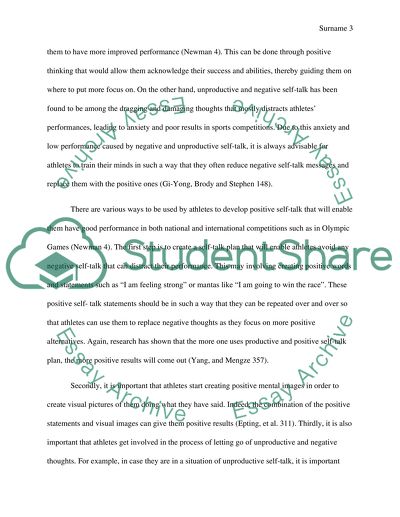Cite this document
(“The Language of Coaching Research Paper Example | Topics and Well Written Essays - 1500 words”, n.d.)
Retrieved from https://studentshare.org/english/1494336-the-language-of-coaching
Retrieved from https://studentshare.org/english/1494336-the-language-of-coaching
(The Language of Coaching Research Paper Example | Topics and Well Written Essays - 1500 Words)
https://studentshare.org/english/1494336-the-language-of-coaching.
https://studentshare.org/english/1494336-the-language-of-coaching.
“The Language of Coaching Research Paper Example | Topics and Well Written Essays - 1500 Words”, n.d. https://studentshare.org/english/1494336-the-language-of-coaching.


